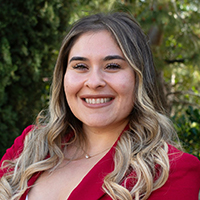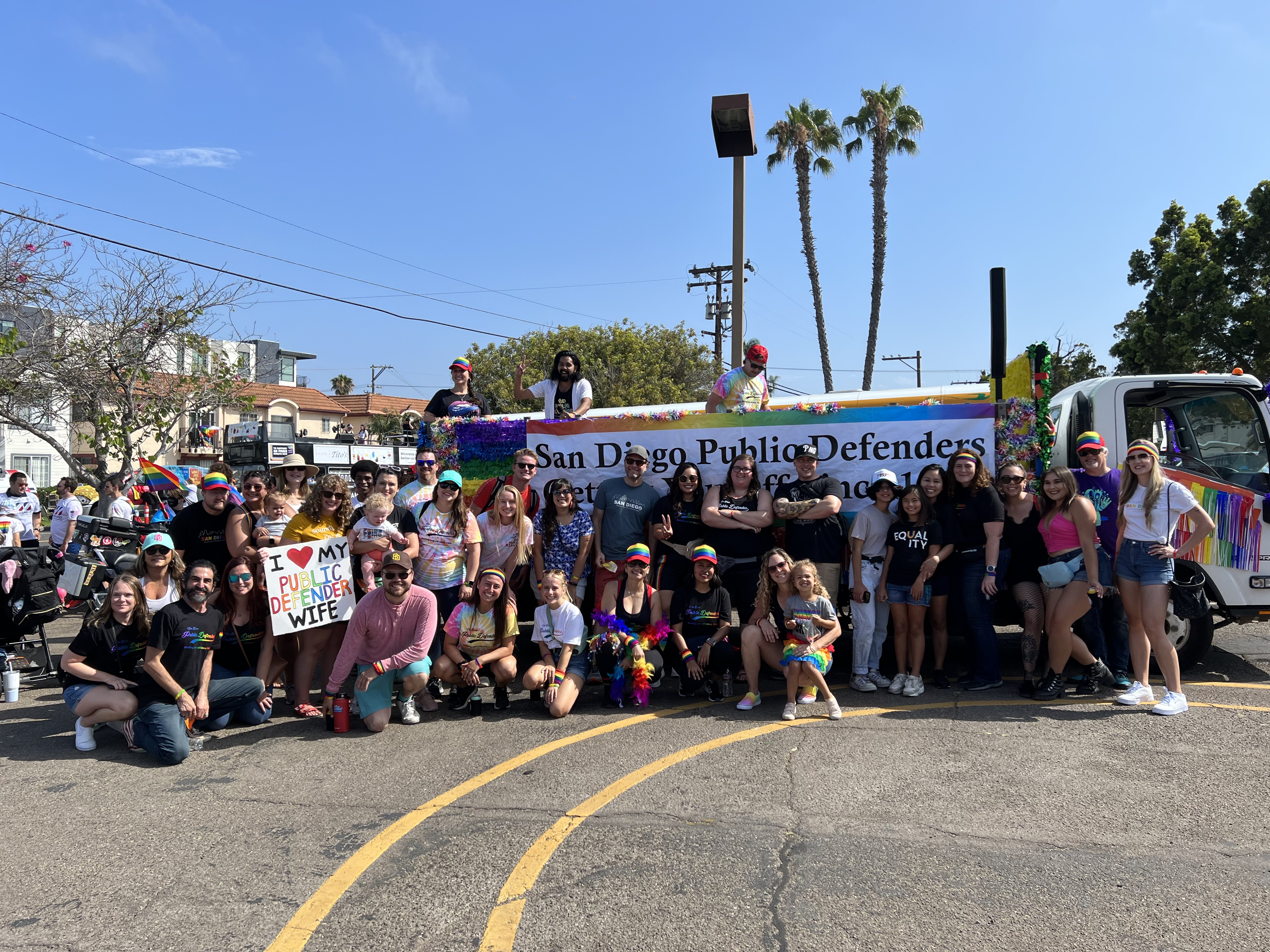Public Defenders: We Don’t Thank You Enough!

NLD Chair and Staff Attorney at The Innocence Center
March is National Criminal Justice Month—a time to reflect on the causes and consequences of crime, as well as strategies for prevention and response. But as we recognize this month, let’s also acknowledge a critical piece of the justice system that often goes overlooked: the people fighting to ensure fairness for those who would otherwise stand alone.
Let’s talk about public defenders.
The Legacy of Gideon v. Wainwright
Over sixty years ago, a man named Clarence Earl Gideon—poor, uneducated, and facing felony charges in Florida—stood before a judge and said something that should have been obvious: I need a lawyer. At the time, indigent defendants weren’t guaranteed legal representation in state courts. Gideon represented himself, was convicted, and sentenced to prison. From his jail cell, he handwrote a petition to the U.S. Supreme Court.
The Court heard him.
In 1963, the landmark case Gideon v. Wainwright established right to legal counsel for criminal defendants in federal and state courts. Justice Hugo Black, writing for a unanimous Court, put it plainly:
“In our adversary system of criminal justice, a person [hauled] into court, who is too poor to hire a lawyer, cannot be assured a fair trial unless counsel is provided for him. This seems to be an obvious truth…. lawyers in criminal court are necessities, not luxuries.”
Because of this decision, every person—regardless of wealth—has the right to an attorney. And yet, six decades later, we still fail to fully appreciate those who uphold this promise.

Public Defenders: More Than Lawyers
When people think of public defenders, they often imagine high-profile trials or courtroom dramas. But the truth? Most public defenders aren’t standing next to drug lords or violent offenders. The vast majority of their clients are not dangerous criminals. They are individuals struggling with poverty, mental illness, homelessness, or substance use.
The homeless individual arrested for sleeping on a park bench.
The veteran battling PTSD, whose trauma has led to a criminal charge.
The teenager caught in the system because they were failed by their school.
The single mother who stole diapers because she had no other choice.
And while the entertainment industry often paints public defenders as overworked and indifferent, the truth is far more powerful. These attorneys don’t just show up in court and argue cases—they try to break the cycles that bring their clients into the system in the first place. They help clients find transitional housing. They connect them with mental health services. They secure spots in drug treatment programs. They advocate for second chances.
I’ve watched public defenders pour everything into trial prep, working through the night—only to have the case disappear by morning. I’ve seen them spend their own money on courtroom clothes for clients, knowing that something as simple as a jacket could mean the difference between fairness and prejudice. I’ve seen them hand-deliver books to jail cells, determined to give their clients even the smallest piece of dignity. And I’ve seen them swallow their grief, holding back tears as a 70-year-old client is led away in chains, knowing the sentence is effectively a life term.
I’ve heard the doubt in a potential client’s voice— “Are you my public pretender?” or “I want a real lawyer.” I have heard some other professionals cynically ask them the question, “How does it feel making the world less safe every day?”
Yet, public defenders still show up. They still fight.
I can’t speak for them, but I don’t think these attorneys do this work for recognition, fame, or fortune—because there is very little. I imagine they do it because they feel a deep sense of empathy—because they believe, down to their core, in the promise of Gideon v. Wainwright.
In the current political climate, their work is harder than ever. With the passage of laws like the Racial Justice Act, they are at the forefront of holding the system accountable, challenging systemic bias, and ensuring due process isn’t just a phrase we throw around, but a reality we uphold.
So, to the public defenders of San Diego—and to the nonprofit attorneys who do similar work—I see you. I appreciate you. This job isn’t for the weak. It isn’t for the cynical. It is for the warriors of justice, the defenders of dignity, the champions of the Constitution.
And for that, you deserve more than gratitude. You deserve our unwavering respect.